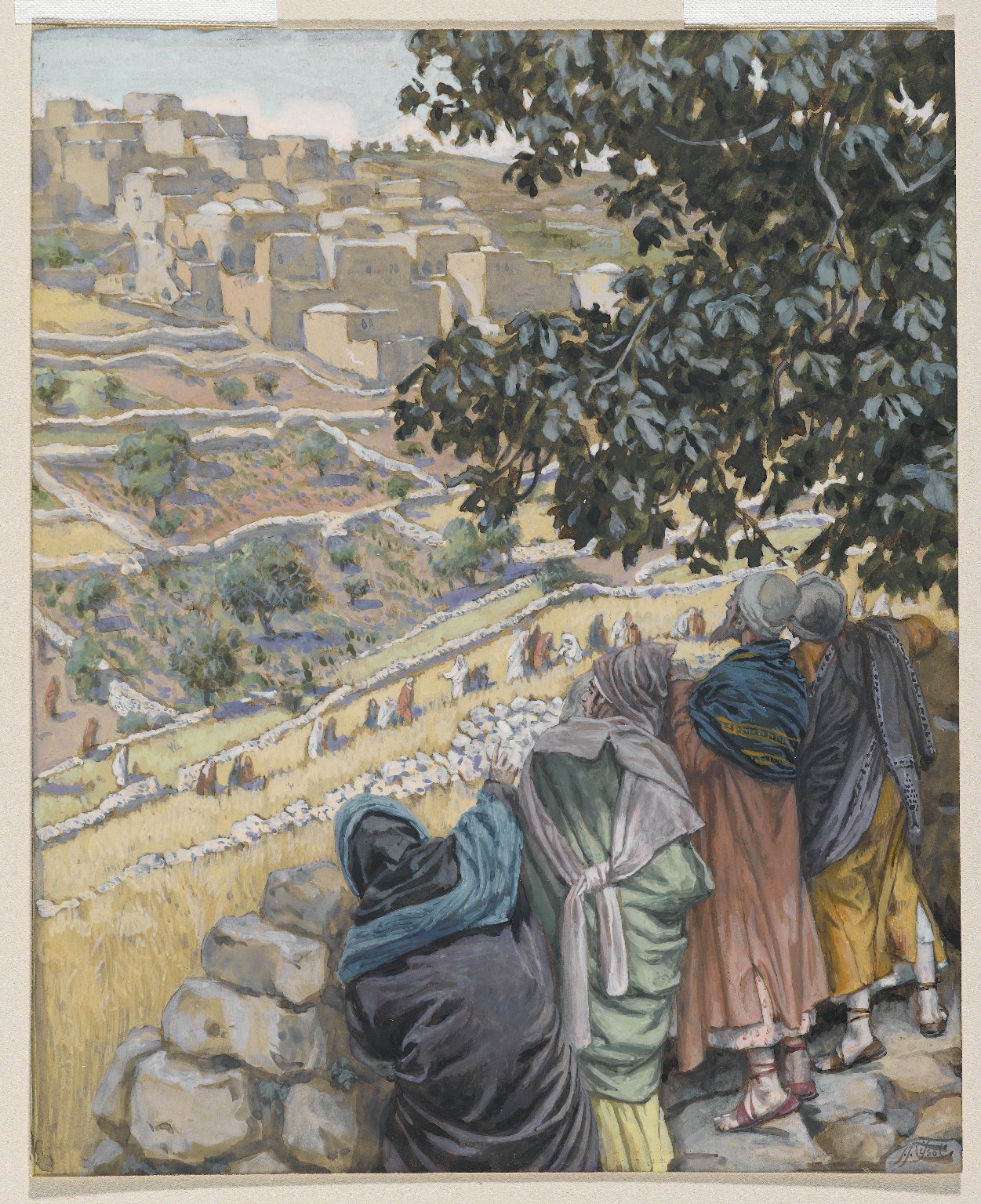January 19
Tuesday of the Second Week in Ordinary Time
First Reading
Hebrews 6:10-20
Brothers and sisters:
God is not unjust so as to overlook your work
and the love you have demonstrated for his name
by having served and continuing to serve the holy ones.
We earnestly desire each of you to demonstrate the same eagerness
for the fulfillment of hope until the end,
so that you may not become sluggish, but imitators of those who,
through faith and patience, are inheriting the promises.
When God made the promise to Abraham, since he had no one greater by whom to swear, he swore by himself, and said, I will indeed bless you and multiply you. And so, after patient waiting, Abraham obtained the promise. Now, men swear by someone greater than themselves; for them an oath serves as a guarantee and puts an end to all argument. So when God wanted to give the heirs of his promise an even clearer demonstration of the immutability of his purpose, he intervened with an oath, so that by two immutable things, in which it was impossible for God to lie, we who have taken refuge might be strongly encouraged to hold fast to the hope that lies before us. This we have as an anchor of the soul, sure and firm, which reaches into the interior behind the veil, where Jesus has entered on our behalf as forerunner, becoming high priest forever according to the order of Melchizedek.
Responsorial Psalm
Psalms 111:1-2, 4-5, 9 and 10c
R. (5) The Lord will remember his covenant for ever.
I will give thanks to the LORD with all my heart
in the company and assembly of the just.
Great are the works of the LORD,
exquisite in all their delights.
R. The Lord will remember his covenant for ever.
He has won renown for his wondrous deeds;
gracious and merciful is the LORD.
He has given food to those who fear him;
he will forever be mindful of his covenant.
R. The Lord will remember his covenant for ever.
He has sent deliverance to his people;
he has ratified his covenant forever;
holy and awesome is his name.
His praise endures forever.
R. The Lord will remember his covenant for ever.
Alleluia
See Ephesians 1:17-18
R. Alleluia, alleluia.
May the Father of our Lord Jesus Christ
enlighten the eyes of our hearts,
that we may know what is the hope
that belongs to our call.
R. Alleluia, alleluia.
Gospel
Mark 2:23-28
As Jesus was passing through a field of grain on the sabbath, his disciples began to make a path while picking the heads of grain. At this the Pharisees said to him, “Look, why are they doing what is unlawful on the sabbath?” He said to them, “Have you never read what David did when he was in need and he and his companions were hungry? How he went into the house of God when Abiathar was high priest and ate the bread of offering that only the priests could lawfully eat, and shared it with his companions?” Then he said to them, “The sabbath was made for man, not man for the sabbath. That is why the Son of Man is lord even of the sabbath.”
Give a Mass Offering
Prayer for Spiritual Communion
My Jesus, I believe that you are present in the most Blessed Sacrament. I love You above all things and I desire to receive You into my soul. Since I cannot now receive You sacramentally, come at least spiritually into my heart. I embrace You as if You were already there, and unite myself wholly to You. Never permit me to be separated from You. Amen.
“The Lord will remember his covenant for ever.”

Readings & Reflection
Have you ever been judged for your actions? Today we see that the disciples of Jesus are making their way through a field of grain. They pick some of the heads of grain and eat them because they are hungry. To some it may have looked like they were stealing from the one who owned the grain or performing a harvest, but in reality, the disciples are being judged because they are carrying out this action on the Sabbath day, a day when no one is to perform labor. The disciples are clearly not involved in the work of a harvest, but in feeding themselves.
Often we judge others without taking into account their motivations. I know what causes my behavior, and unfortunately that behavior is not always just or good. Yet, I seldom share that motivation with others. I am sure I am judged as I judge others!
Imagine what would happen if we did not accuse others without knowing what was driving their actions. If we normally feel justified in our actions, why would we think others would not feel justified in theirs? If we could come to an understanding of motivations among people, we might be able to forgive others and understand them better, responding to them as Christ would respond to them.
Peace,
Fr. John Kurgan
Would you like to receive Readings & Reflections, and a link to join us for Mass? Subscribe to The Daily Bread newsletter.
